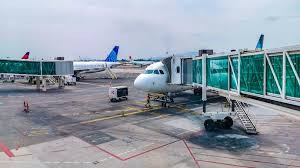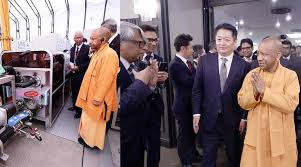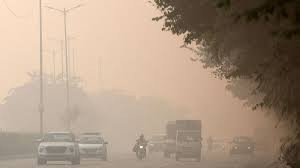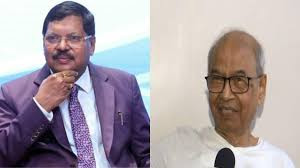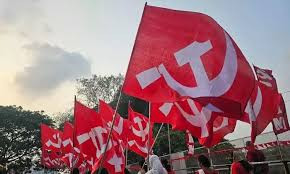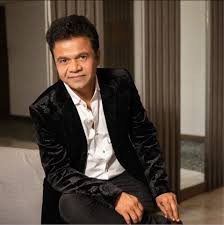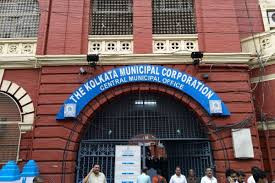“Jaishankar Blames ‘One Family’ for 1975 Emergency, Urges Congress to Own Up 50 Years On”
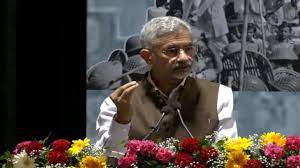
IIE DIGITAL DESK : The pointed address during a mock Parliament session organised by the BJP's youth wing on June 27, External Affairs Minister S. Jaishankar sharply criticised the Gandhi family, holding them responsible for the 1975–77 Emergency in India. He urged the Congress party—especially Rahul and Sonia Gandhi—to offer a formal apology for the imposition of Emergency, accusing them of hypocritical “Constitution-waving” politics.
Jaishankar reminisced about his experiences as a 20-year-old student during the Emergency, describing it as "a dark chapter" aimed at crushing the nation’s spirit. “When a family is considered above the nation, things like Emergency take place,” he said, directly referencing the concentration of power within the Gandhi dynasty .
He specifically cited the 1975 satirical film Kissa Kursi Ka, which was banned during the Emergency, saying its very title—"Kissa Kursi Ka"—symbolises the era’s authoritarianism. He emphasised that despite decades since the event, the Congress has never formally acknowledged or apologised for this suppression of democracy.
Jaishankar pointed out that “many people, who were not even in politics, were impacted,” recalling mass arrests under laws like MISA. He added: “Those in politics knew they would be arrested; others didn’t know when they'd be freed”.
He further identified a critical policy fallout: an agreement during the Emergency that ceded Indian fishermen's rights in Sri Lankan waters. He argued that if Parliament had been functional, “such a surrender of rights would never have been accepted” .This claim underscored how centralised power during that period enabled decisions detrimental to citizens’ interests.
Jaishankar accused Congress leaders of hypocrisy, holding aloft copies of the Constitution while disregarding its principles. “Nothing is achieved by just carrying the Constitution—one must respect it in heart and spirit,” he remarked, challenging Congress’s self-styled championing of rights .
He directly challenged Rahul Gandhi’s messaging, stating that those who “flash the Constitution” must have the moral integrity to confront their own party’s role in its suspension (timesofindia.indiatimes.com). Call for Apology and Accountability.
Pushing for accountability, Jaishankar asked why the Congress family hasn’t apologised for imposing the Emergency. He framed it as more than a historical grievance—it’s a challenge to Indian democracy: “What respect do you have for the Constitution by not apologising for the Emergency?”.
He also highlighted wider repercussions of the Emergency beyond politics, such as the loss of deportational safeguards for fishermen. “We still pay the price for it,” he said, tying past authoritarianism to present citizen grievances.
Jaishankar concluded with a stern warning: “The one lesson that Emergency taught us is to never take freedom for granted”. He reiterated that empowered citizens are the best defence against authoritarian rule—and that no family, however prominent, should be placed above the nation.
-
50th Anniversary Reflection: Coming exactly half a century after the Emergency's declaration on June 25, 1975, Jaishankar’s comments stir fresh dialogue around accountability and historical memory.
-
Politico-Democratic Implications: His remarks shift focus from mere political trivia to core debates about institutional integrity—not just penance but lessons for future protections.
-
Policy Fallout: By linking past centralized power to contemporary challenges—like fishermen's rights issues—he paints the Emergency as more than a footnote; it's a moment whose consequences still reverberate.
Jaishankar’s speech demands not just historical reckoning but also concrete reflection from Congress on their own record. Whether it prompts public apologies or fuels further political exchange, it has certainly reignited national conversation about democratic values and the enduring price of unchecked power.
You might also like!





